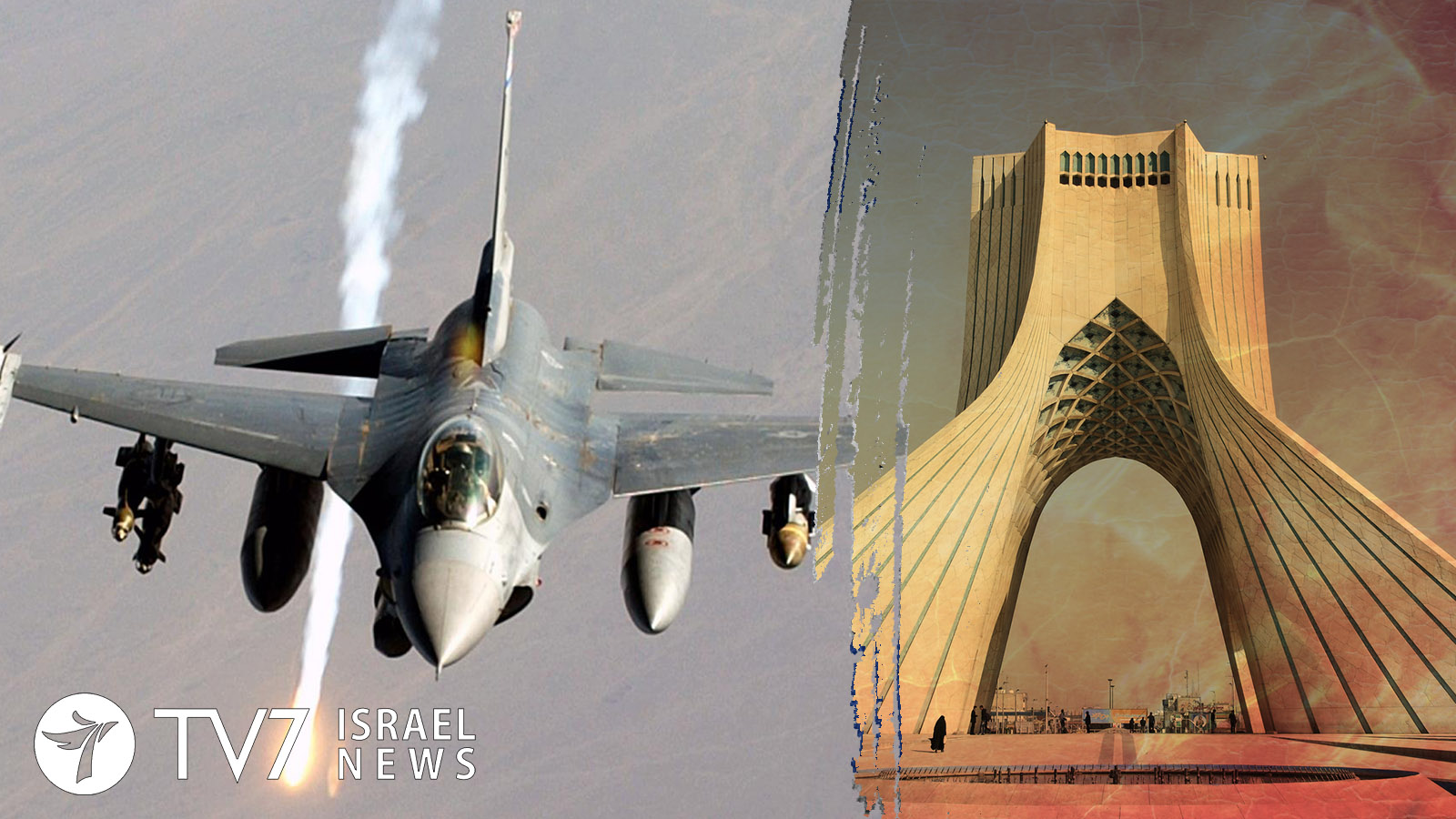U.S. Secretary of State Mike Pompeo declared that the world “cannot achieve peace and security in the Middle East without confronting Iran.” On the sidelines of the Warsaw ministerial summit, aimed at promoting a future of peace and security in the Middle East, while standing beside Israeli Prime Minister Benjamin Netanyahu, the American top diplomat said that pushing the Islamic Republic back is vital for regional stability and security. In his exact words, “In a room of some sixty foreign ministers and representatives of dozens of governments, an Israeli prime minister and the foreign ministers of leading Arab countries stood together and spoke with unusual force, clarity and unity against the common threat of the Iranian regime. This marks a change, an important understanding of what threatens our future, what we have to do to secure it and the possibilities of cooperation that extend beyond security to every realm of life for the peoples of the Middle East.”
The international summit, which Prime Minister Netanyahu declared to be “a major turning point in history,” unites old-time-foe’s in confronting the dangerous Ayatollah regime in Tehran, which both Israel and Arab states view as a threat to the future of the region. According to Pompeo, “You can’t achieve peace and stability in the Middle East without confronting Iran, it’s just not possible. Their malign influence in Lebanon, in Yemen, in Syria, in Iraq, the three “H’s”- the Houthis, Hamas and Hezbollah. These are real threats, there are others as well, but you can’t get peace in the Middle East without pushing back against Iran.”
Among other meetings that were held on the side-lines of the Warsaw summit, the Israeli Prime Minister– who also serves as Jerusalem’s Foreign minister – met with his counterpart from Oman, following the recent normalization of relations with the Jewish State. Right from the start of the meeting, Netanyahu reiterated Israel’s appreciation of Oman’s Sultan Qaboos, who sought to lead by example for the sake of regional peace a prosperity. “It’s a delight to see you again. I have to tell you that the courageous decision of Sultan Qaboos to invite me to Oman is changing the world. It’s pointing the way for many others to do what you said, not to be stuck in the past, but to seize the future. And that many are following this lead, and may I say – including in this conference. And I want to thank you for this forward-looking positive policy that can lead to peace and prosperity for all. So, I want to thank you on behalf of the people of Israel, and I allow myself to say on behalf of many people in the Middle East,” said Netanyahu.
The Omani Foreign Minister, on his part, underscored the importance of perusing a new vision for the future (present need to pursue) – stressing that the people of the Middle East have suffered enough, because of obstinate policies that refuse to leave the past behind. Yusuf bin Alawi, Oman’s Minister Responsible for Foreign Affairs, said: “This is an important and new vision for the future. People of the Middle East have suffered a lot because they are stuck to the past. And I would say this is a new era for the future and for prosperity for every nation.”
During the Warsaw summit’s opening event, which was held last night, U.S. Vice President Mike Pence asserted in an address to the attending foreign dignitaries, that the conference indicated a clear beginning of a new era, in which leaders from Israel and Arab states have agreed to break bread together, and unite in confronting the challenges that threaten their common interests of regional stability. The U.S. Vice President was quoted as saying: “Tonight, I believe we are beginning a new era. With Prime Minister Netanyahu from the state of Israel, with leader from Bahrain, Saudi Arabia, the UAE – all breaking bread together, and later in this conference sharing honest perspectives on the challenges facing the region. As (Polish) President Duda just said, Poland and the United States welcome this outward symbol of this gathering. A symbol of cooperation and a hopeful sign of a brighter future, that awaits nations across the Middle East. But as we begin these discussions, let us recognize that we are stronger together than we could ever be apart.”
